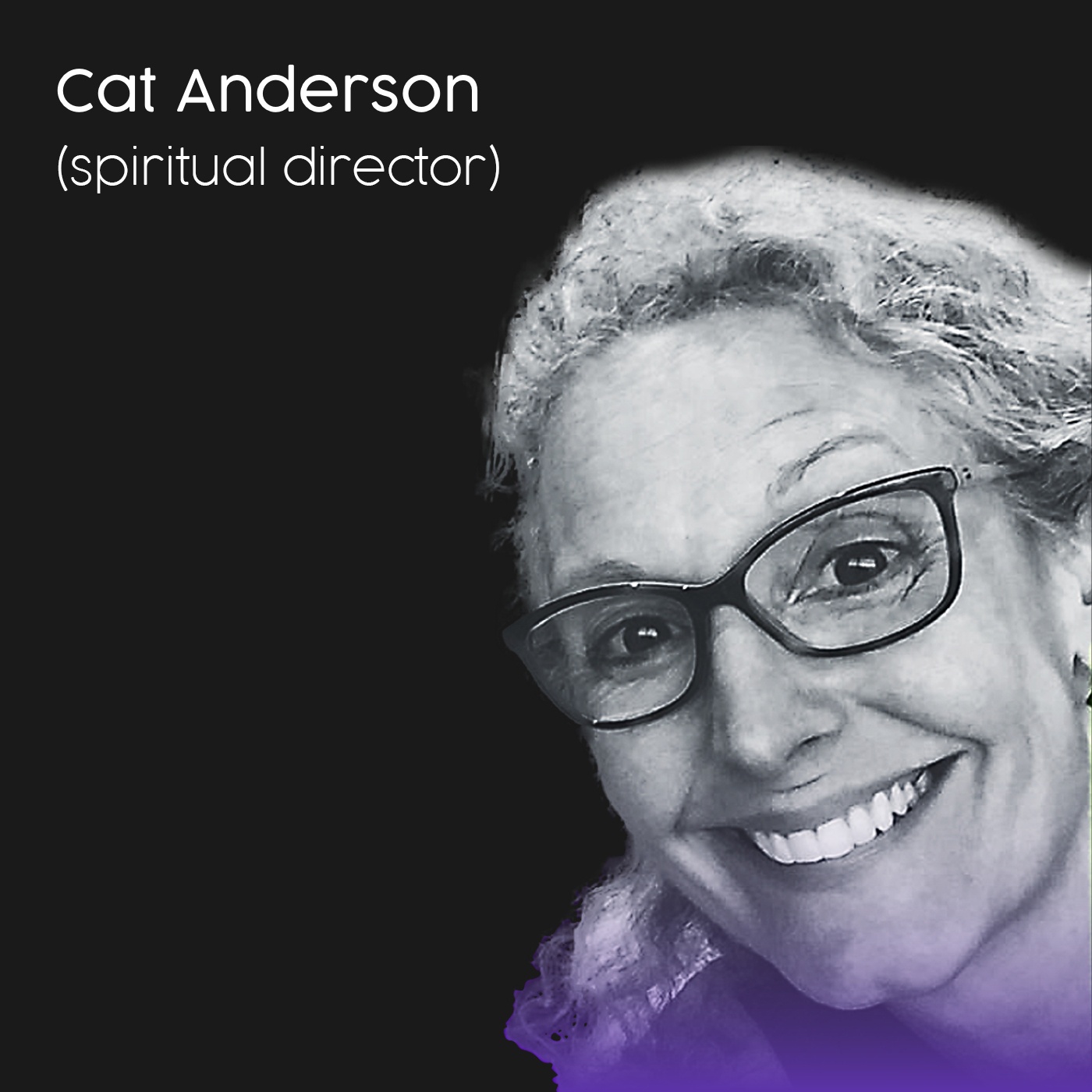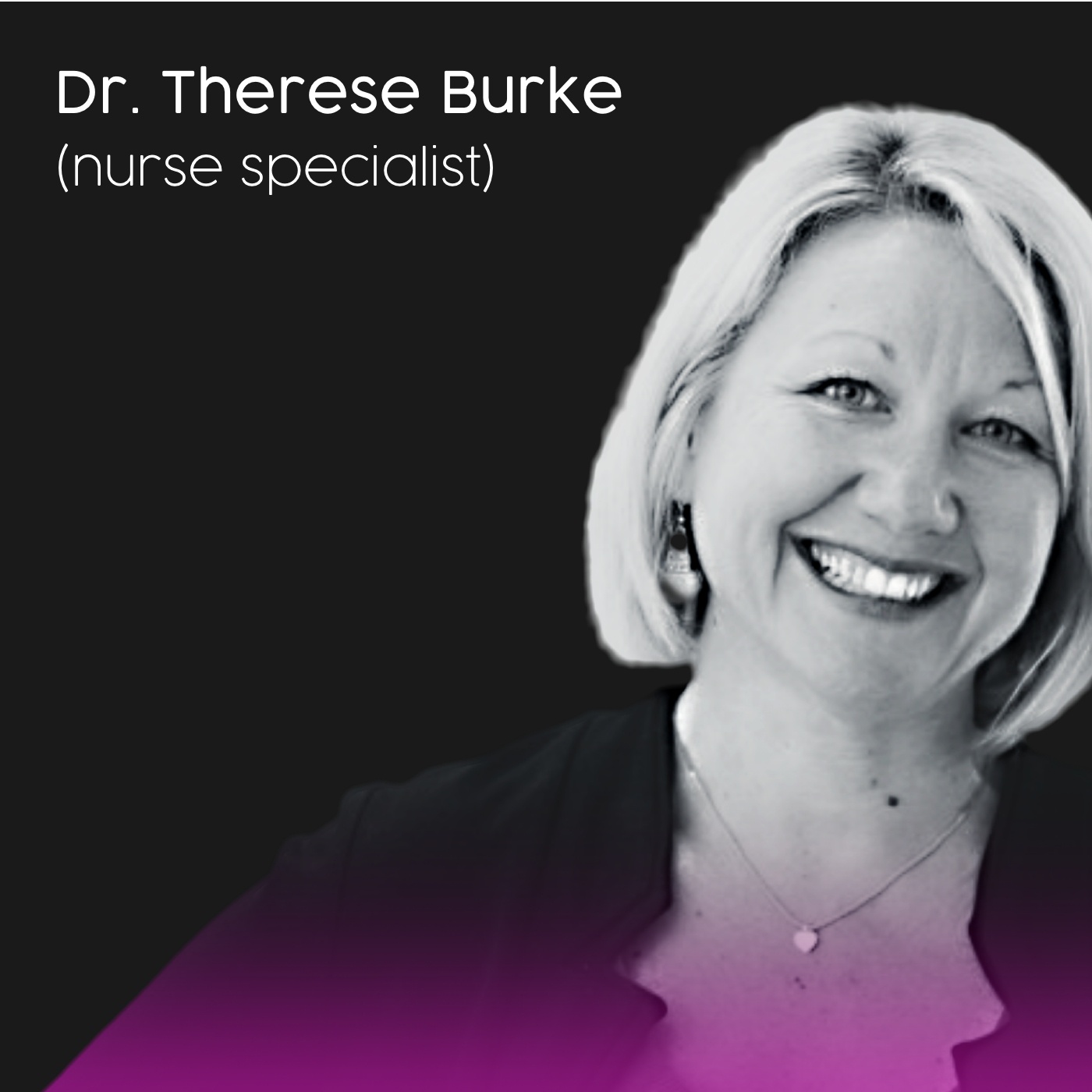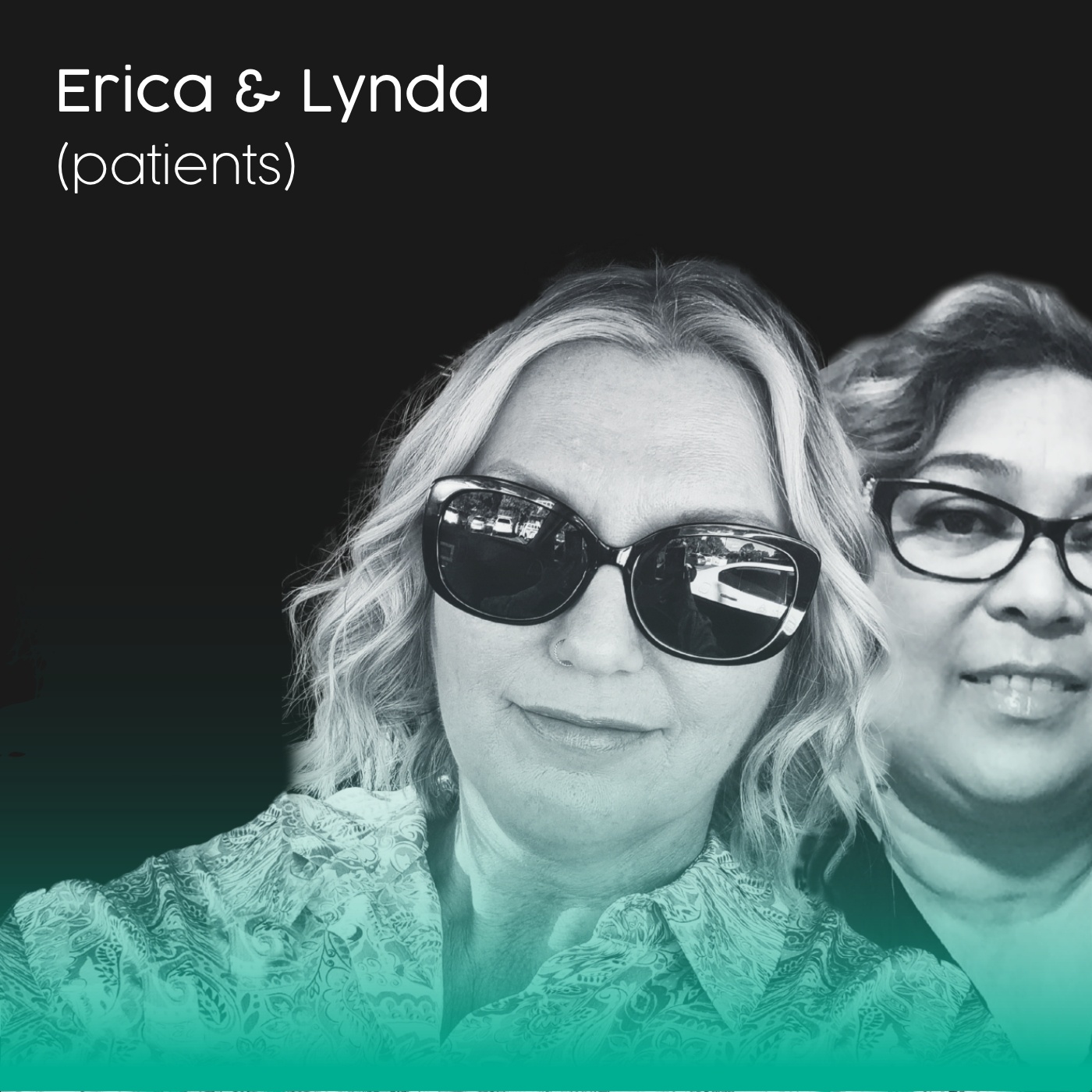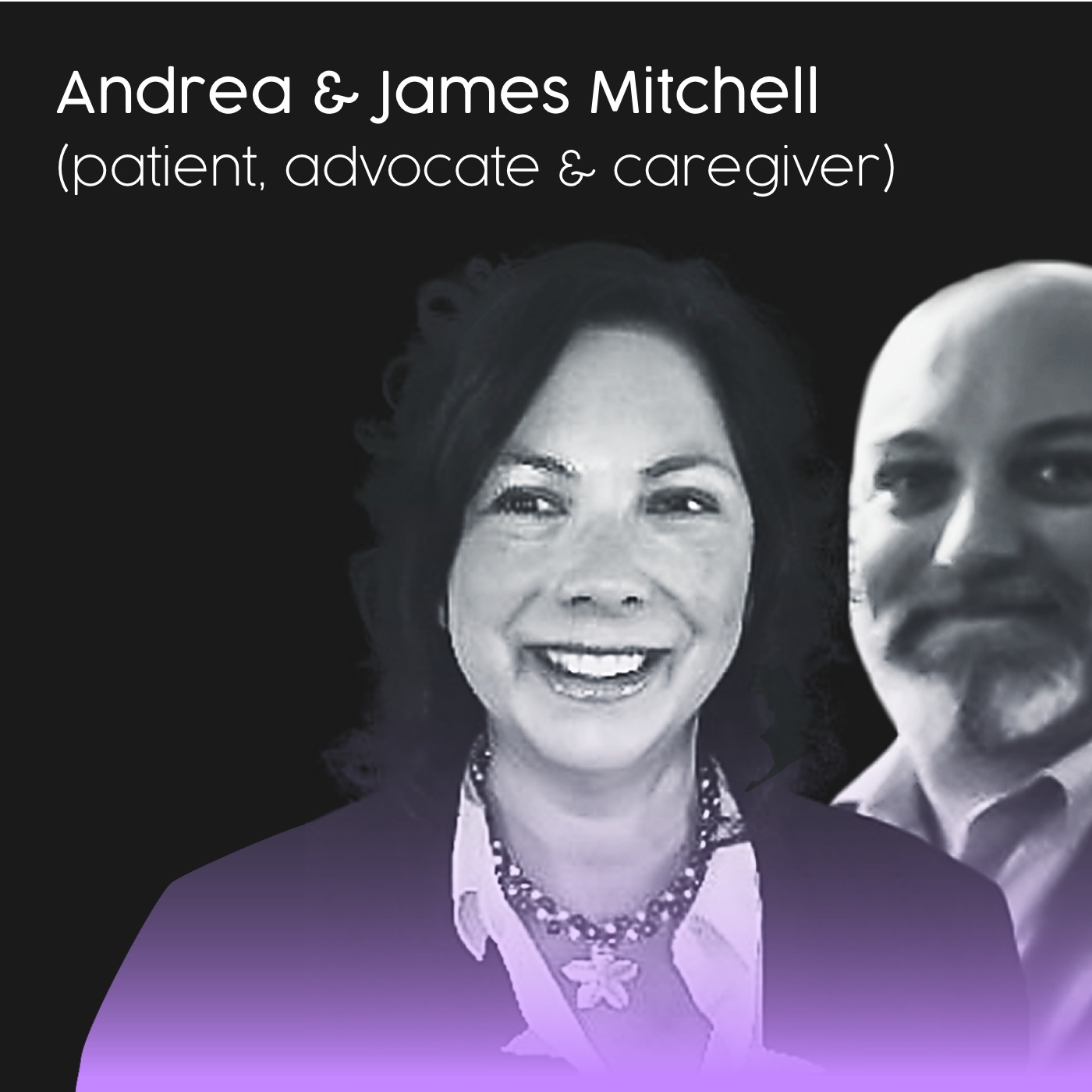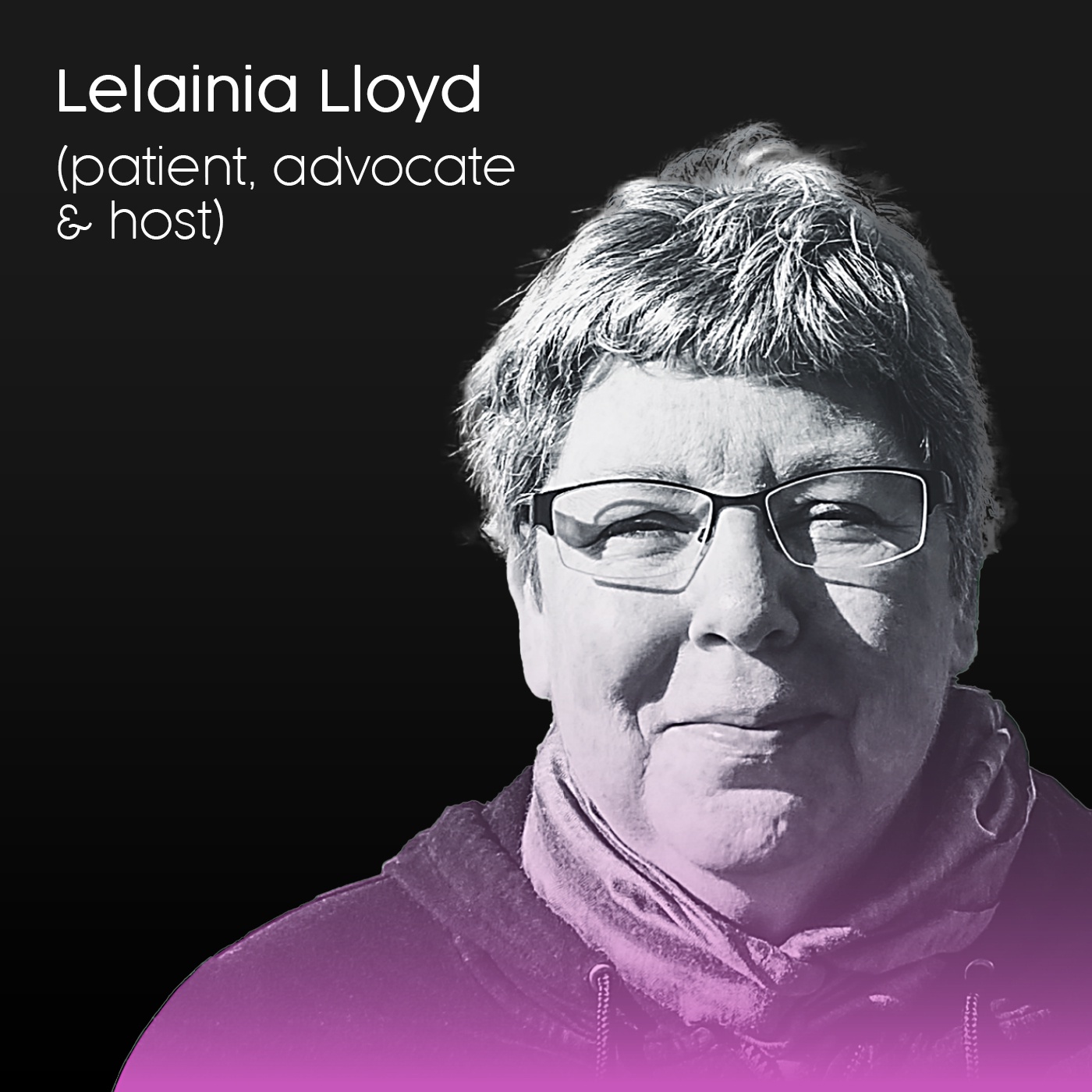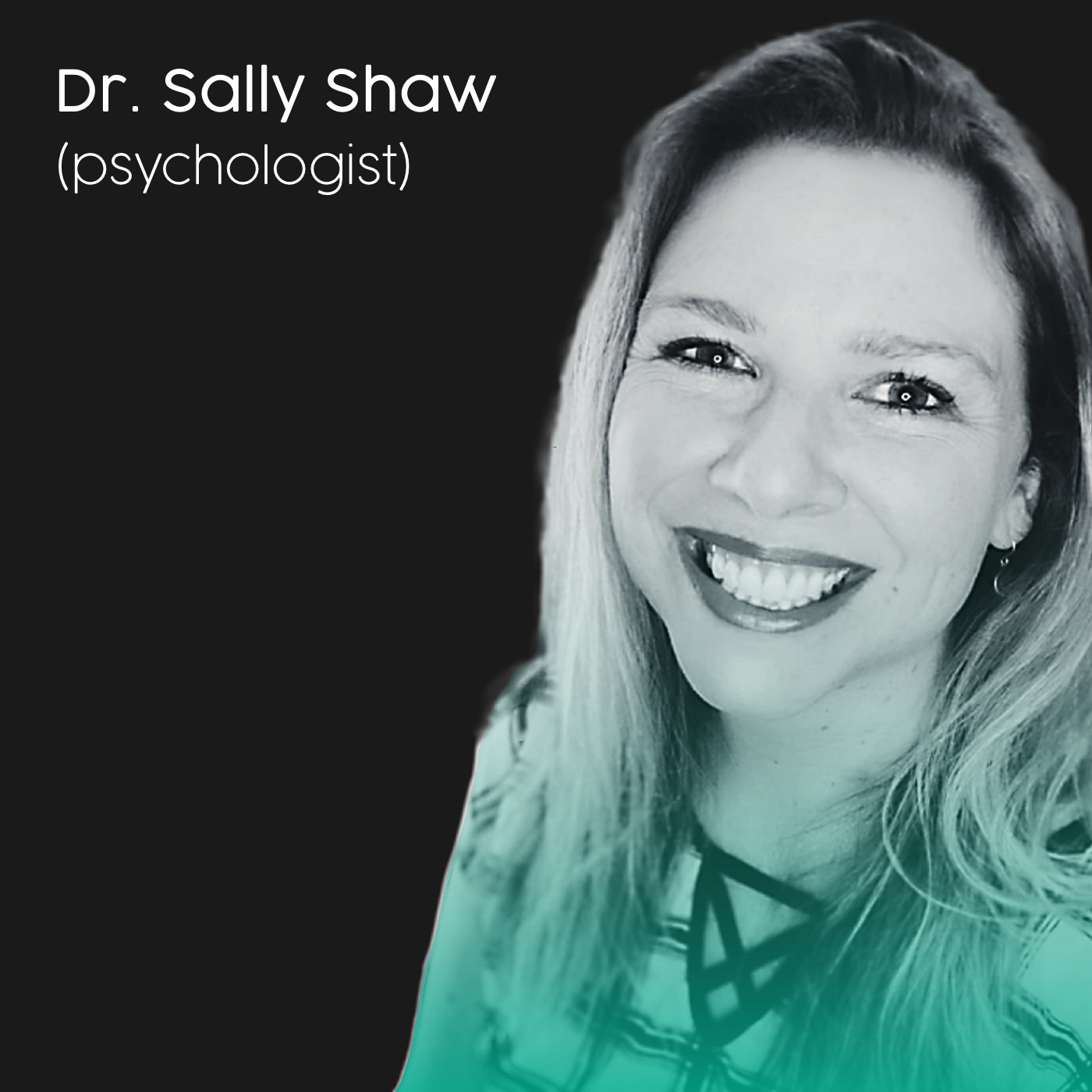
11. Navigating relationships (Dr. Sally Shaw)
Psychologist Dr. Sally Shaw tackles the challenges of being diagnosed with a complex condition such as NMOSD and discusses how we can learn to navigate difficult conversations with loved ones, family or friends. Dr. Shaw explains that sometimes when a loved one just acknowledges the difficulty in managing a condition like NMOSD, rather than trying to offer up solutions and trying to fix things, that can be empowering. Dr. Shaw says educating family and friends about the invisible symptoms of NMOSD and having conversations early on about what kind of support you may need is key to maintaining healthy long-term relationships that...
